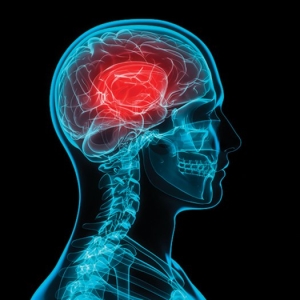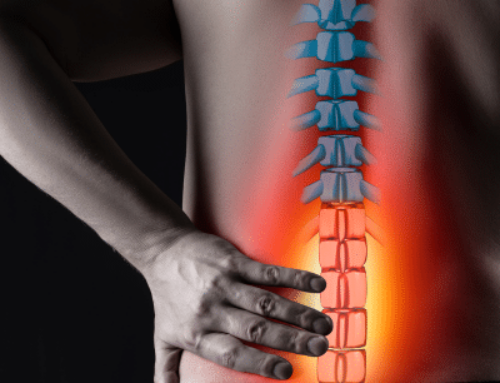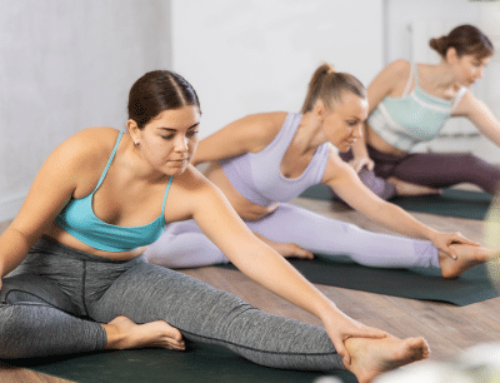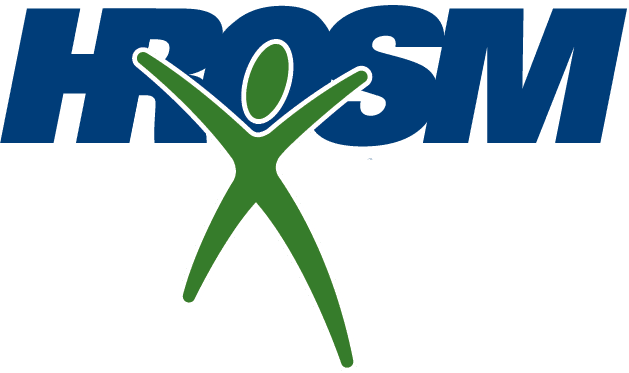
Common Causes of Concussion
There are many ways to get a concussion. Some common ways include:
- falls
- playground injuries
- car accidents
- bike accidents
- fights
- Participating in any sport or activity such as:
- football
- soccer
- boxing
- hockey
- skiing
- snowboarding
Symptoms of a Concussion
It is not always easy to tell if you have a concussion. You don’t have to pass out (lose consciousness) to have a concussion. Symptoms of a concussion range from mild to severe and can last for hours, days, weeks, or even months. If you notice any symptoms of a concussion, contact your doctor. Physical symptoms of a concussion include:
- Nausea and vomiting
- Headache and pressure in head
- Fuzzy or blurry vision
- Dizziness
- Sensitivity to light or noise
- Balance problems
- Feeling tired or having no energy
How is a concussion diagnosed?
You need to see a doctor if you have sustained an injury or blow to the head and are showing symptoms of a concussion. If a doctor thinks that you have a concussion, he or she will ask questions about the injury. Your doctor may test your reflexes and order a CT Scan or an MRI to make sure the brain is not swelling, bleeding or bruised.
Preventing Concussions
Experts agree that the best ways to prevent concussion are to:
- Play by the rules. Teaching young athletes to respect and follow the rules of their sport is part of good coaching.
- Wear the appropriate equipment for your sport and wear it properly. Always close a chin strap if your sport requires a helmet; many concussions occur during practice.
- Examine the playing field for uneven areas or holes.
- Make certain that goal posts are padded sufficiently.
- Practice good sportsmanship. Teaching good sportsmanship is part of good coaching and good parenting; minimizing unnecessary aggression on the field.
- Learn and use proper technique for your sport. Some sports organizations have taken additional action to minimize the risk of concussion by limiting the number of contact practices allowed during the season.
The treatment for a concussion involves resting and abstaining from all physical activity until your doctor has determined it is safe. Rest is the best way to recover from a concussion. Getting plenty of sleep and avoiding activities that are mentally and physically demanding will hasten your recovery rate. The brain is the most amazing, critically important and fragile organ in the human body. It needs to last one’s entire life. That is why it’s important to learn proper technique for your sport, get educated about the signs and dangers of concussion and to pull yourself out of play if you are hit in the head and have symptoms of a possible concussion.
Treatment for a Concussion
The treatment for a concussion involves resting and abstaining from all physical activity until your doctor has determined it is safe. Rest is the best way to recover from a concussion. Getting plenty of sleep and avoiding activities that are mentally and physically demanding will hasten your recovery rate.
The brain is the most amazing, critically important and fragile organ in the human body. It needs to last one’s entire life. That is why it’s important to learn proper technique for your sport, get educated about the signs and dangers of concussions and to pull yourself out of play if you are hit in the head and have symptoms of a possible concussion.






